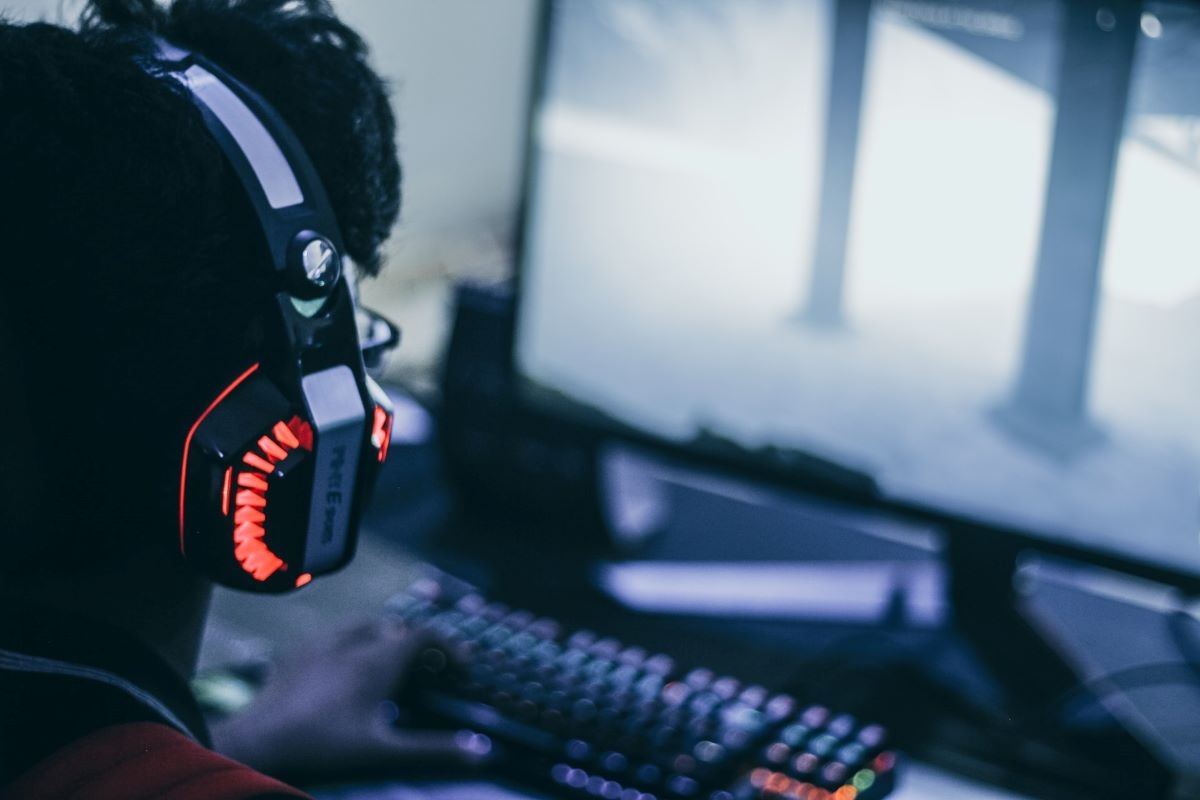
The age of immersion: when online gaming redefines reality
In an almost magical way, behind a screen, with a mouse in hand and a headset over your ears, you gradually leave your real environment behind. Walls, furniture and familiar sounds fade away, plunging us into a virtual world that is often as strange as it is captivating. And that’s precisely what online casino games and other forms of digital gaming are better at creating than ever: the feeling of being elsewhere, in another reality.
Immersion is a word that’s used in everything from cinema and literature to cooking. However, in the world of online gaming, it takes on an even greater dimension, as everything is truly interactive. Every decision we make has an immediate effect on what happens on screen, especially as technology has taken a giant leap forward. Today, some digital worlds are so well designed that you almost forget you’re in front of a screen.
Static-free environments
Online games no longer resemble those of ten years ago. We’re a long way from static interfaces and linear scenarios. Modern platforms offer dynamic universes where everything seems in motion, reactive, alive. And it’s not just the graphics that give this impression.
The entire ecosystem of online games is designed to evolve with the player, as if he or she were a pilot. In MMORPGs such as Final Fantasy XIV or Elder Scrolls Online, for example, the world doesn’t turn without the player; it evolves thanks to his presence. His actions and decisions change things and even influence other players! So, when you become a complete player and “inhabitant” of the game, the experience inevitably takes on a whole new dimension.
Personalization as a key to attachment
Another key element of immersion is personalization. The simple fact of being able to shape your avatar according to your own tastes, choosing outfits, voice and attitude, creates an important bond. Even virtual objects, the environments we build and the quests we choose all contribute to making the experience unique.
In games like The Sims, Roblox or Minecraft, this creative freedom is almost infinite. And it’s no coincidence that millions of people play them every day. You no longer play a role written in advance; you become the author of your own experience. Some research in cognitive psychology has even analysed the game’s ability to provoke a very strong state of “presence”, almost comparable to mild hypnosis. The more malleable the environment, the more this sensation takes hold.
Never-ending experiences
Another special feature of digital environments is that they never sleep. Unlike film or literature, online games evolve endlessly and are not consumed within a limited timeframe. What’s more, each gaming session can be different, with regular updates or temporary events.
This infinite aspect allows players to create a routine and sometimes even a form of addiction. It also fuels a powerful sense of being part of a living world where there’s always something going on. This can be seen in modern casino platforms, which have nothing in common with traditional gambling. Immersive graphics, live interaction with croupiers, sound effects akin to those of a real gaming room… The user is no longer a simple punter: he becomes a player at the heart of a universe designed to captivate.
Towards even smoother immersion?
Hold on tight to your gaming chair, as this is just the beginning of the immersion. Developers are constantly pushing the envelope, particularly with the help of artificial intelligence. In gaming, it’s increasingly used to create more believable dialogues, evolving virtual characters and unpredictable worlds.
The same applies to online casinos. Some platforms integrate adaptive AI solutions to offer a tailor-made experience, capable of adjusting to the player’s habits, pace of play and even mood. Fascinating and a little dizzying all the same! And other innovations are just around the corner: immersive 3D screens, skin-to-skin haptic sensations, interactive streaming platforms where viewers can influence the game in real time.
Photo: Fredrick Tendong, Unsplash









